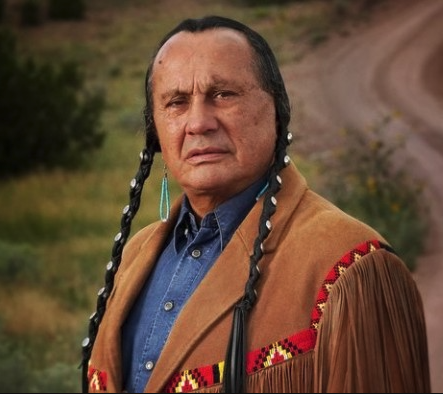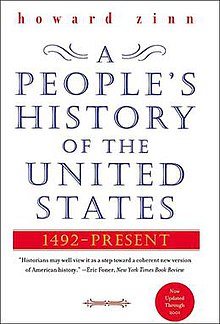Radio Open Source
Open Source is “an American conversation with global attitude.” It was the first podcast and now it’s a weekly show on . WBUR, broadcasting Thursday nights at and Sundays at pm. Drawing on roots in Boston, they remind us why the city has been the capital of ideas in the United States since the heyday of Emerson and Thoreau. They’re an independent production company funded by grants, gifts and donations.







